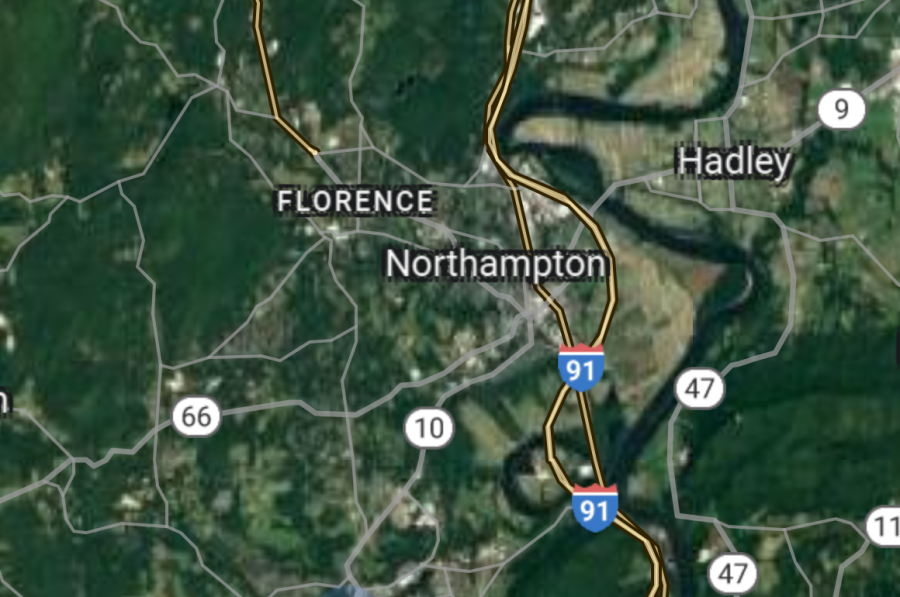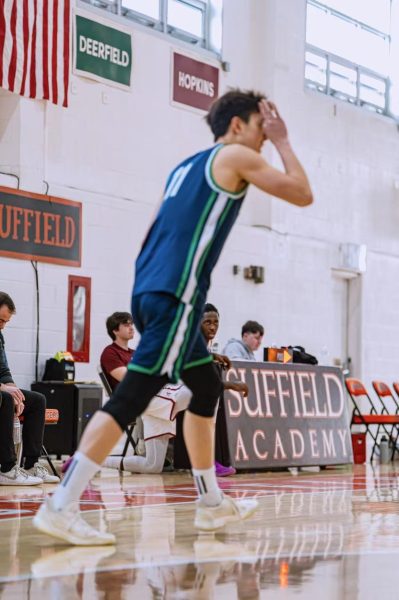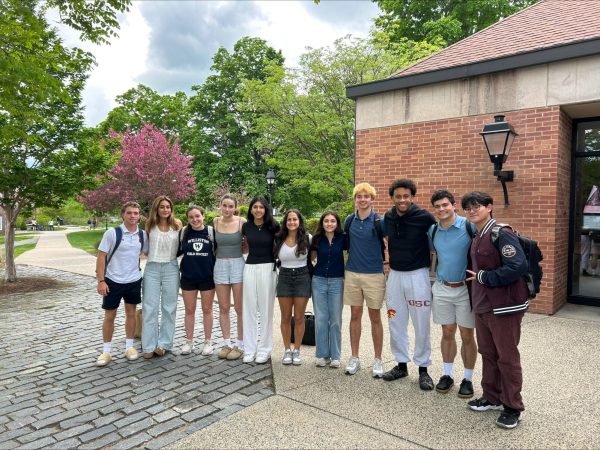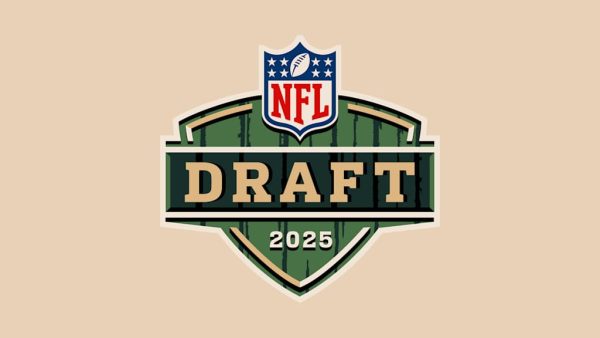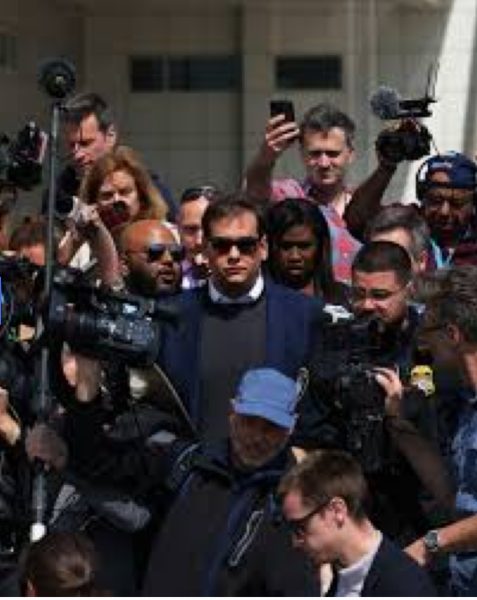Proposed Marijuana Dispensary Draws Sharp Criticism
Northampton residents are voicing opposition to the increasing number of marijuana shops in town, and city officials are beginning to take notice.
Debate over the regulation of cannabis dispensaries in Northampton has escalated in past weeks, creating a stark divide in the Northampton community. Such debate comes after plans to open a cannabis dispensary called “Euphorium” in the downtown area of the Northampton village of Florence were met with harsh resistance by Florence residents, with some living in the greater Northampton area also expressing concerns.
If the plans go forward, the dispensary will be the first in Florence, while adding to the many existing businesses of its kind in other parts of Northampton and local towns.
On August 15, owners of the proposed cannabis dispensary Euphorium met with Florence residents to listen to their concerns regarding the prospective establishment, sparking a heated debate over the effects of cannabis on health, safety, and commerce in Western Massachusetts.
The drug, which has been legal for recreational use in Massachusetts since 2016, has long been the source of controversy, even as it has become a regular part of some adults’ everyday lives. The state’s first dispensary to open after legalization was NETA in Northampton, and many other dispensaries have followed, making the town a significant landmark for the state’s recreational cannabis industry.
Today, after more than four years since the opening of its dispensary, Northampton is home to 14 adult-use retail dispensaries, as well as eight cannabis product manufacturers, four cultivators, and one testing laboratory, according to the city’s official website. Collectively, these businesses have generated $4.5 million in tax revenue since 2022, according to MassLive.
While the August 15 meeting was intended to be a routine step in obtaining approval for the dispensary from the town, it ended up being a contentious and chaotic event, where tensions and emotions ran equally high. Among the many concerns voiced by attendants of the meeting, two seemed especially common: the dispensary’s proximity to JFK Middle School, Northampton’s public middle school, as well as how it might affect some individuals working through addiction recovery—the dispensary would be half a mile away from the Star Light Center, an addiction recovery meetinghouse.
“I’m frustrated with what’s going on because most of the people in this group aren’t against pot, and aren’t against pot dispensaries,” Susan Swift, a Florence resident, told Western Mass News after the event. “However, as it’s been stated, there are a ton of them in Northampton. And this corner is the corner where all of our middle school kids walk.”
Another participant in the meeting, Rick Haggerty, thinks that there are already enough pot shops in the city. Haggerty, who lives in Florence, started a petition in opposition to the new dispensary. The petition has since accumulated 576 signatures on the website Change.org.
“We’ve got 12 [dispensaries] and now we’re saying enough is enough,” Haggerty said.
“Enough is enough.” This sentiment, shared by many in Northampton, is what has recently pressured city officials, including City Councilors and Northampton Mayor Gina Louise-Sciarra, to reconsider the town’s lenient approach to the regulation of the cannabis industry.
Although no official action has been taken yet, Northampton City Councilors have begun to meet with local experts to determine whether the city should impose a cap on the number of marijuana-related business that can open in Northampton. Currently, those hoping to open a dispensary must obtain a license from the city before opening; there are more than 30 available licenses, making regulation of the fast-growing industry difficult.
Additionally, former Mayor David Narcewicz repealed the Community Impact Fee in 2021, a requirement for all cannabis dispensaries as to pay three percent of their revenue to the city. Because this fee has been repealed, cannabis dispensaries can open in the city without facing major taxation.
“Up until [2021], the city was receiving three percent of the revenue of any of the cannabis companies in the city, but then Mayor Narkewicz decided to repeal that unilaterally … it was not done in negotiation with the cannabis companies, he just decided to forego the revenue,” Marc Warner, a transportation analyst who was a Northampton mayoral candidate in 2021, explained.
Warner, who was a staunch critic of the city’s approach to cannabis while running for mayor, believes the repeal of the Community Impact Fee was one of several things Northampton got wrong on cannabis.
“By not collecting the revenue from the marijuana industry, by promoting Northampton as a good spot to open your marijuana business, and by putting no cap on the licenses — the city was sort of saying, ‘We’d be delighted to have your business here,’” Warner said. “I felt that the city should not be so welcoming, and people are finally responding to that with some of these protests against the proposed retail site in Florence.”
Warner told The Willistonian he would have made some significant changes to Northampton’s cannabis regulation if he had been elected mayor.
“I would have put a cap on the number of licenses that Northampton can allow, and I would not have repealed the three-percent community impact fee,” Warner explained. “Northampton was the first to do that, and I think it was wrong.”
Amidst the ongoing controversy over cannabis in Northampton, some have expressed worries about the current state of downtown Northampton, as many businesses in downtown have closed in recent years during the pandemic. Of the businesses that have managed to open downtown since the pandemic, a number of them have been marijuana shops.
Warner believes the city was wrong in assuming that supporting cannabis dispensaries was the best way to help revitalize downtown Northampton and commerce in the city in general.
“I’m not even sure from an economic development perspective that this was something that really was the best hope for a strong, vibrant downtown in Northampton,” Warner told The Willistonian.
Warner noted that downtown Northampton seems filled with cannabis dispensaries, a common concern among the city’s residents.
“There are three of them right around one corner, and then there’s another one by the bus station,” he said. “And they don’t seem to be providing the economic revitalization of downtown Northampton that the mayor was envisioning.”
In addition to its effects on downtown, some believe cannabis could negatively impact road safety.
Northampton Chief of Police Jody Kasper told The Willistonian the Northampton Police Department has observed a major uptick in driver impairment since the legalization of marijuana.
“We have noticed a significant increase in the number of drivers who are impaired by drugs,” Kasper explained. “In 2019 it was 5.4%, in 2020 it was 9.8%, and in 2021 it was 22.2%. Based on this and data from other states that have legalized marijuana, I have concerns around traffic safety and potential increases in roadway injuries and deaths.”
Kasper thinks standards should be set in place to allow police to punish those who are driving under the influence of marijuana, just as they do with alcohol.
“We need to establish clear and concise rules regarding drug impairment so that officers who identify impaired drivers are able to effectively prosecute them,” Kasper told the Willistonian.
“The law regarding impairment by liquor is very clear; .08 blood alcohol level or above is impairment,” Kasper said. “An equivalent measurement method for drugs would be a helpful tool in combating this form of dangerous driving.”
Kasper also noted that marijuana consumption by youth can have harmful effects, something that has been outlined in multiple studies.
“I have great concerns about increases in marijuana use among younger people, contributing to issues with brain development and overall health and wellness,” she said.
Like Warner, Kasper worries Northampton’s many dispensaries could badly reflect on Northampton for tourists and visitors.
“There is the concern that visitors and residents of the city may perceive this negatively and may refrain from spending time in areas that commonly smell like burning marijuana,” Kasper noted.
Despite the negative impacts, Kasper says she has also seen some positive effects of marijuana legalization, such as tax revenue and new jobs and businesses.
Kasper, like Warner, feels Northampton should be cautious in its approach to cannabis and act based on data. Both Warner and Kasper believe regulation of the cannabis industry is a necessary step in ensuring Northampton continues to be an attractive location for people and businesses.
“I do think that Northampton is a very welcoming place, but when you have so much at stake in terms of your downtown and making it an attractive place for businesses and people, it is appropriate, at a certain point, to say, ‘no—enough is enough,’” Warner said.
Olin Rose-Bardawil is a senior from Northampton, MA who has written for the Willistonian since 2021 and has served as its editor-in-chief since 2023. In...



